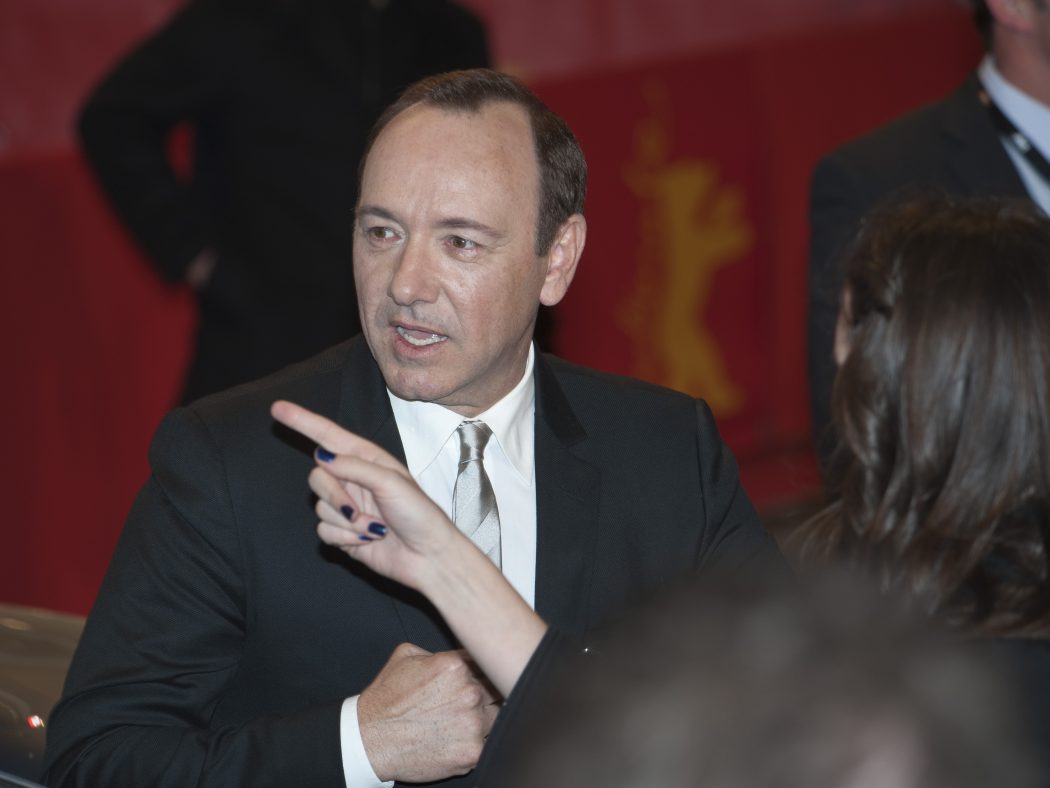Content warning: sexual assault, harassment
Leading American corporations are perpetually subject to the scrutiny of the public eye. When companies receive negative media coverage, they are faced with the deterioration of their reputation, and customer loyalty is usually the first thing to plummet. Especially in the wake of sexual misconduct scandals, companies experience immense blowback. Several notable corporations have been under scrutiny this year after major scandals were released to the public. In particular, companies that depend on the power of their brand suffer the most from misconduct allegations. The past year has borne sexual misconduct scandals surrounding key people at Uber, The Weinstein Company, and Netflix, and the impacts on these companies’ operations are illustrative of the consequences of misconduct on businesses.
The catalyst for Uber was the announcement that CEO Travis Kalanick was joining US President Donald Trump’s business advisory board. Once people were aware of this, Uber experienced snowballing criticism. For one thing, Kalanick was tacitly endorsing Trump. The President is among the most controversial public figures in the media, with copious evidence of sexism incriminating him. Kalanick’s decision to join the board emboldened employees of Uber to reveal that the company was sitting atop a mound of secrets for years. A former engineer who worked for Uber admitted sexism was rampant in the company. Moreover, Uber’s Senior Vice President of Engineering stepped down after it was revealed that he had been the subject of a sexual assault accusation during his former post at Google.
After Kalanick agreed to contribute to the Trump administration, customers banded together and decided to boycott the company. The #deleteUber movement was born out of distaste with the company’s political stances and internal culture. While Uber remains a leader in the ride-hailing industry, the company lost nearly $3 Billion in the fiscal year 2016. It’s fair to speculate that the public blowback surrounding the scandal contributed to these losses. The company is still struggling to rebuild its damaged reputation after troublesome rumours regarding workplace conditions were brought to the surface. Kalanick has since resigned as the company’s CEO, although he apparently continues to wield influence at Uber.
Many industry insiders were long aware of Weinstein’s misconduct.
Similarly, Harvey Weinstein, a famed Hollywood producer, has recently been subject to nearly one hundred sexual assault accusations, dating as far back as the 1970s. As difficult as this information is for people to digest, many industry insiders were long aware of Weinstein’s misconduct. At the 2013 Oscars Awards Ceremony, actor and filmmaker Seth McFarlane suggested that Weinstein may have been making his female cast uncomfortable. Weinstein’s career in Hollywood is likely finished. He has been stripped of his position on his own board and it’s no leap to say that notable talent will likely refuse to work on any future Weinstein production. Moreover, Weinstein is forbidden from attending Academy of Motion Picture Arts events, and his name is being removed from many of the projects he was involved in before allegations hit the press. Even the private equity firm that considered purchasing the beleaguered Weinstein Company has backed out of its potential interest.
Unfortunately, Weinstein is not the only well-known Hollywood figure under sexual assault investigation. In late October, actor Kevin Spacey was accused of sexual misconduct. Fellow actor Anthony Rapp announced that he had been the subject of unwelcome sexual advances from Spacey when Rapp was only 14. Spacey is now being investigated for a separate incident that occurred in London in 2008. The actor plays the protagonist in one of Netflix’s most popular original shows House of Cards. Once the damning news about Spacey was released, Netflix announced the cancellation of the show after the upcoming 6th season, however emphasising that the rumours had no correlation with this decision. Netflix has the potential to fall into disrepute because of the company’s strong ties to Spacey. It is unclear how this decision will affect the company’s bottom line, fell 3% in the wake of the Spacey scandal, reversing an upward trend in the preceding days.
All three of these cases can be traced back to the concept of skewed power dynamics between those of higher rank and the rest of society. It is often claimed that people of celebrity status get away with manipulating the law. However, past examples show that once rumours begin, the house of cards hiding the behaviour of these elites falls apart.
These cases can be traced back to the concept of skewed power dynamics between those of higher rank and the rest of society.
The sexual harassment claims involving Uber, Harvey Weinstein, and Kevin Spacey have successively captured the public ire. However, these stories are just a sample of occurrences that take place across corporate America and beyond. The accusations covered in the media are not even a fraction of what occurs globally. But stories like these that are brought to the world’s attention help drive change in companies that value their brand image. Corporate image is increasingly important as consumers become more socially conscious in their purchasing habits. The security of large corporations’ employees is crucial if they expect to maintain a loyal customer base. Even if one disregards the moral implications of this unacceptable behavior, companies will increasingly find that customers and clients will refuse to do business with them when their top executives abuse their positions.








